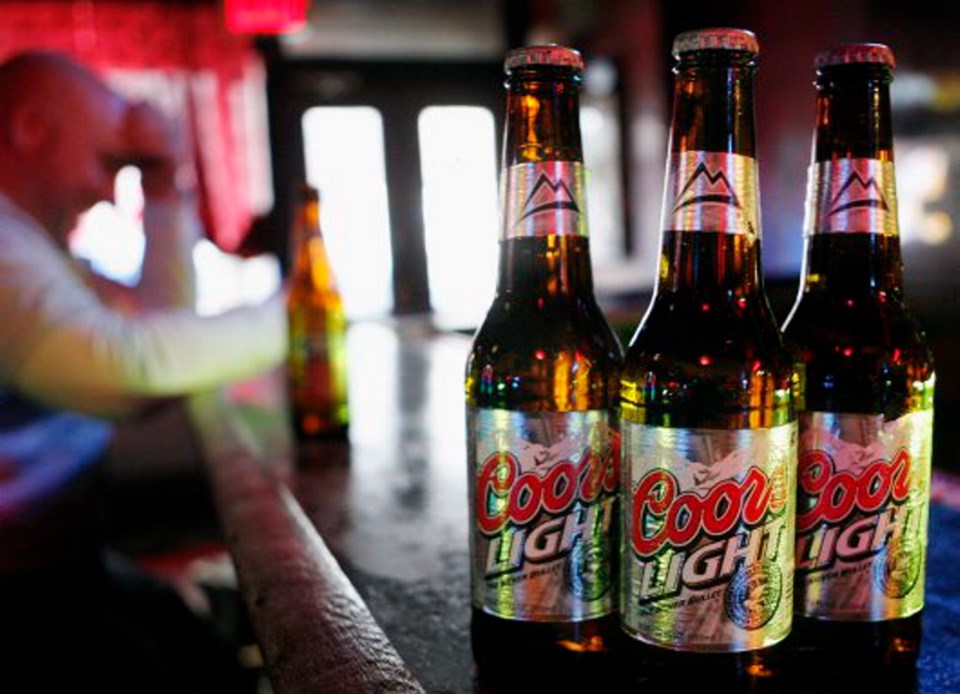Dear Dr. Roach: Please enlighten your readers about too much alcohol causing impotence. My husband drinks beer after beer daily, from noon until night, then expects to be able to perform. He has done this for years, and now cannot get an erection. He is 65 years old. I would like to know the damage he is doing to himself and what to look for in the future, concerning his health. Lonely Wife
Excess alcohol ravages many of the body’s systems, including the heart, liver, pancreas and bone marrow. But hearing the long-term effect of alcohol on sexual function may be a powerful motivator to stop excess drinking.
In a 2007 study, 72 per cent of men with chronic, persistent alcohol use had sexual problems. With liver damage in particular, men lose testosterone and gain estrogen, leading to gynecomastia (male breast enlargement). If your husband continues to drink, there are many potential perils ahead. Fortunately, stopping allows most of the body’s systems to recover, sometimes completely if the damage isn’t too severe, but the body can always improve upon quitting.
Shakespeare didn’t need a study: He noted that drink ”provokes the desire, but it takes away the performance.”
Dear Dr. Roach: I am a 47-year-old male in generally good health. In 1999, I was involved in a nasty car accident, ending up in a trauma centre. I needed abdominal surgery to repair a ruptured small intestine. Today, 15 years after the fact, is it possible to have issues with the scar tissue from that surgery? I have some of the symptoms of scar tissue problems, but a doc has told me I have diverticulitis. Can you help me? M.F.
Well, I can’t tell you what you have, but I certainly can confirm that scar tissue, called adhesions, can cause problems even years after the original trauma that caused them.
Adhesions are bands of scar tissue that can envelop the intestine, causing an obstruction. Most of the time the obstruction is partial, and with time and bowel rest, the problem resolves itself. However, sometimes it doesn’t, or the obstruction is complete, and in those cases it will require another trip to the operating room.
Diverticula are small outpouchings in the intestinal wall, most commonly in the sigmoid colon. The condition is called diverticulosis and is very common, with about 20 per cent of people at age 40 and 60 per cent of people age 60 having them. When they get inflamed, that is called diverticulitis, and symptoms include abdominal pain, fever, nausea and vomiting or bowel changes.
A CT scan usually can diagnose both conditions. It’s possible to have both problems coexisting, which makes determining the cause of current symptoms difficult. Still, the CT scan would be the next step if you are having symptoms.
Dear Dr. Roach: I have lower-back ache and have been seeing a chiropractor, which helps a little.
Would yoga help? A.
Yoga does help many people with back pain, but it’s important to find an instructor with experience with beginners and in using yoga specifically for back pain. Similarly, tai chi and Pilates exercises have been shown to be useful treatments for back pain.
Dr. Roach regrets that he is unable to answer individual letters, but will incorporate them in the column whenever possible. Readers may email questions to [email protected] or write him at P.O. Box 536475, Orlando, FL 32853-6475.



